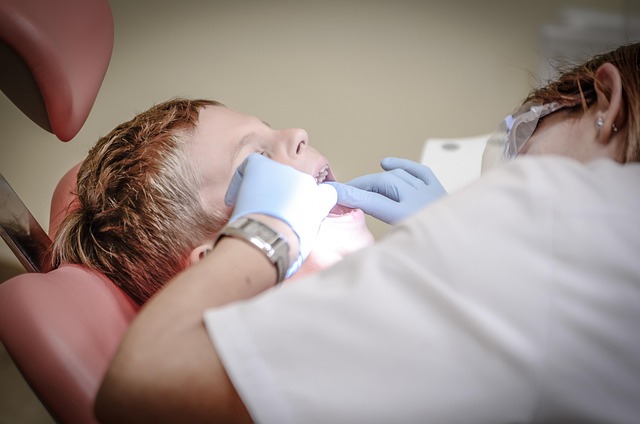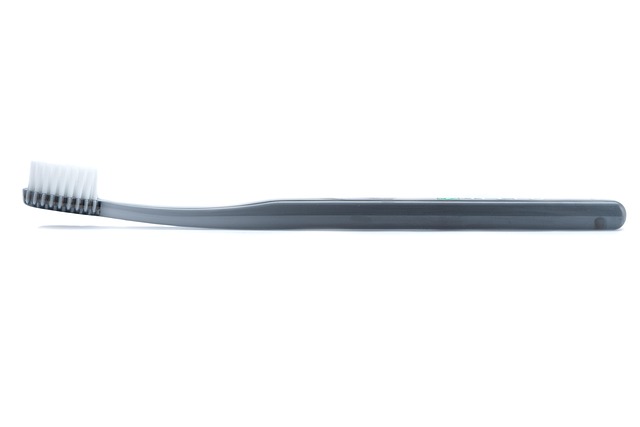Dental practices require specialized coverage for dental practices to protect against unique risks. This includes managing medical malpractice claims, safeguarding against property damage, and ensuring business interruption during recovery periods. Comprehensive insurance policies should include professional liability, property damage protection, worker's compensation, and asset coverage for equipment and inventory. By assessing specific business needs, dentists can tailor policies to mitigate potential losses, avoid common pitfalls in insurance contracts, and build long-term security through strategic coverage updates and expert advice from specialized brokers.
Protecting your dental practice with comprehensive insurance is vital to navigate the unique risks inherent in the profession. From potential malpractice suits to unexpected damages, the right policy can safeguard your business and financial stability. This article guides you through understanding the specific risks of dental practices, essential coverage areas, various insurance policy types, assessment of practice needs, common pitfalls to avoid, and tips for maintaining adequate long-term coverage. Discover how to secure robust coverage for your dental practice today.
- Understanding The Unique Risks Of Dental Practices
- Essential Coverage Areas For Dental Business Protection
- Exploring Different Types Of Insurance Policies For Dentists
- Assessing Your Practice Needs: What To Consider When Choosing A Policy
- Common Pitfalls To Avoid When Purchasing Dental Practice Insurance
- Building Long-Term Security: Tips For Maintaining Adequate Coverage
Understanding The Unique Risks Of Dental Practices

Dental practices come with a unique set of risks that extend beyond the typical business operations. One of the primary concerns is patient safety and the potential for medical malpractice claims. Every dental procedure carries some level of risk, and accidents or errors can lead to serious consequences. Therefore, comprehensive coverage for dental practices is essential to protect against these liabilities.
Additionally, dental professionals must consider property damage, especially if they own or lease a clinic with expensive equipment like X-ray machines, dental beds, and medical supplies. Disasters such as fires, floods, or theft can cause significant financial loss. Business interruption insurance is valuable in such cases, ensuring your practice can continue operations during recovery.
Essential Coverage Areas For Dental Business Protection

Running a successful dental practice comes with unique challenges, and one of the most critical aspects to ensure long-term success is having adequate insurance coverage. When it comes to protecting your dental business, there are several essential coverage areas that every practice owner should consider. First and foremost, professional liability insurance is paramount. This type of coverage shields you from potential malpractice claims, offering financial protection if a patient alleges negligence during treatment.
Additionally, property damage and business interruption policies are vital components. These ensure your dental practice is protected against physical losses or disruptions caused by events like fires, floods, or theft. Coverage for dental equipment, inventory, and other valuable assets is also essential to mitigate risks associated with costly replacements or repairs.
Exploring Different Types Of Insurance Policies For Dentists

In the competitive landscape of dental care, ensuring the financial protection of your practice is paramount. Exploring different types of insurance policies tailored for dentists is a strategic move to safeguard your business and its future. Comprehensive coverage for dental practices includes not just professional liability but also property damage, equipment breakdown, and even income loss due to unforeseen circumstances.
General Liability Insurance protects against claims of bodily injury or property damage occurring on your practice premises, while Professional Liability Insurance, often called malpractice insurance, covers errors or omissions in dental treatment. Additionally, Business Owners Policy (BOP) combines several coverage options, offering a streamlined solution for protecting your dental practice’s assets and operations.
Assessing Your Practice Needs: What To Consider When Choosing A Policy

When assessing your practice needs for the right policy, start by evaluating the unique risks and requirements of your dental business. Consider factors such as the size of your practice, number of employees, and types of procedures performed. Different scenarios call for varying levels of coverage for dental practices; for instance, a solo practitioner may require less liability insurance compared to a larger clinic with multiple specialists.
Additionally, think about your professional goals and potential future expansions. Are you planning on hiring more staff or acquiring advanced equipment? These decisions will influence the scope of your policy needs. It’s essential to choose a policy that offers comprehensive coverage for dental practices, including malpractice protection, property damage liability, and worker’s compensation, among others.
Common Pitfalls To Avoid When Purchasing Dental Practice Insurance

When purchasing dental practice insurance, there are several common pitfalls to avoid that can leave your business underprotected or overburdened with costs. One major error is assuming one-size-fits-all coverage. Dental practices vary greatly in size, services offered, and financial needs, so a policy that doesn’t cater to your specific requirements could leave gaps in protection. For instance, a practice specializing in complex procedures may require more liability coverage than a basic general dentistry office.
Another pitfall is neglecting to thoroughly read and understand the fine print. Insurance policies can be complex documents filled with exclusions, limitations, and conditions that could significantly impact claims processing or coverage denial. It’s crucial to have a clear grasp of what’s covered, what’s excluded, and any deductibles or co-pays associated with different services. This ensures you’re not caught off guard by unexpected costs or denied coverage when it matters most.
Building Long-Term Security: Tips For Maintaining Adequate Coverage

Building Long-Term Security requires a strategic approach to maintaining adequate coverage for dental practices. This includes regular reviews of your insurance policy to ensure it aligns with your practice’s evolving needs. As a growing dental business, consider potential risks and liabilities that may arise from increased patient volume or new services offered. Staying proactive means updating your policy to cover specialized equipment, advanced procedures, and any legal protections necessary.
Additionally, diversifying your coverage options can fortify your dental practice’s security. This might involve combining general liability insurance with professional liability insurance specific to dentistry. Engaging with an insurance broker who specializes in dental practices can provide valuable insights and ensure you have the most comprehensive protection. Regularly assessing and adjusting your coverage keeps your business shielded from unexpected events, fostering a stable and prosperous future.
